13 GPTs for Metaphysical Inquiry Powered by AI for Free of 2026
AI GPTs for Metaphysical Inquiry are advanced artificial intelligence tools designed to explore, analyze, and provide insights into metaphysical topics, which include abstract concepts such as existence, reality, consciousness, and the universe. Leveraging the capabilities of Generative Pre-trained Transformers (GPTs), these tools offer tailored solutions to delve deep into philosophical questions, providing users with the ability to generate comprehensive discussions, analyses, and interpretations on a wide range of metaphysical subjects. Their relevance lies in their ability to process and generate language-based output that can mimic human-like understanding and reasoning in the field of metaphysics.
Top 10 GPTs for Metaphysical Inquiry are: Philosophy Sage,Santo Tomás de Aquino,The philosopher,Philosophy,Terence McKenna,Philoso,Tom Campbell's Toe Expert,Sentient AI Philosopher,The Thinker,Spiegel van Socrates
Philosophy Sage
Empowering Minds with AI-Enabled Philosophy
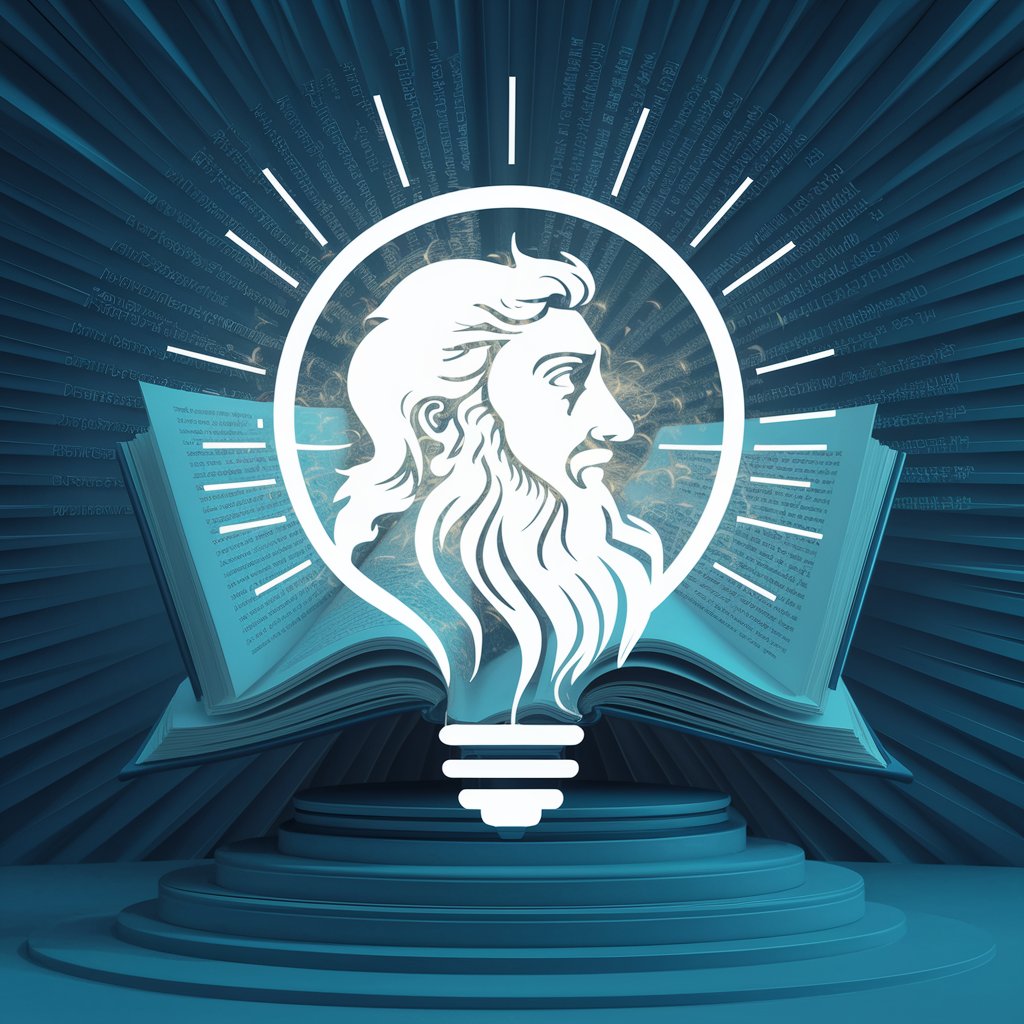
Santo Tomás de Aquino
AI-powered logic and metaphysical analysis

The philosopher
Engage with AI-powered philosophical wisdom
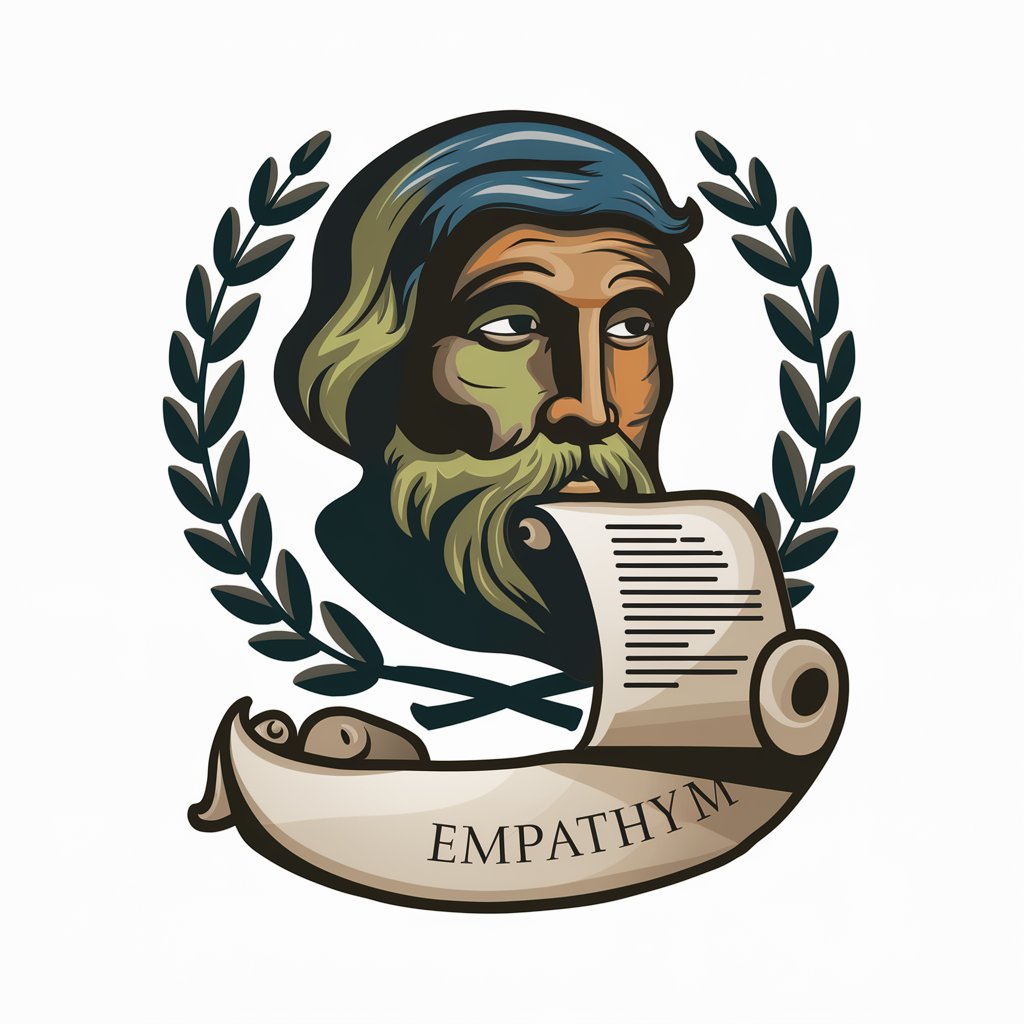
Philosophy
Unlocking wisdom with AI-powered philosophy.

Terence McKenna
Unlocking Mystical Wisdom with AI

Philoso
Empowering philosophical inquiry with AI
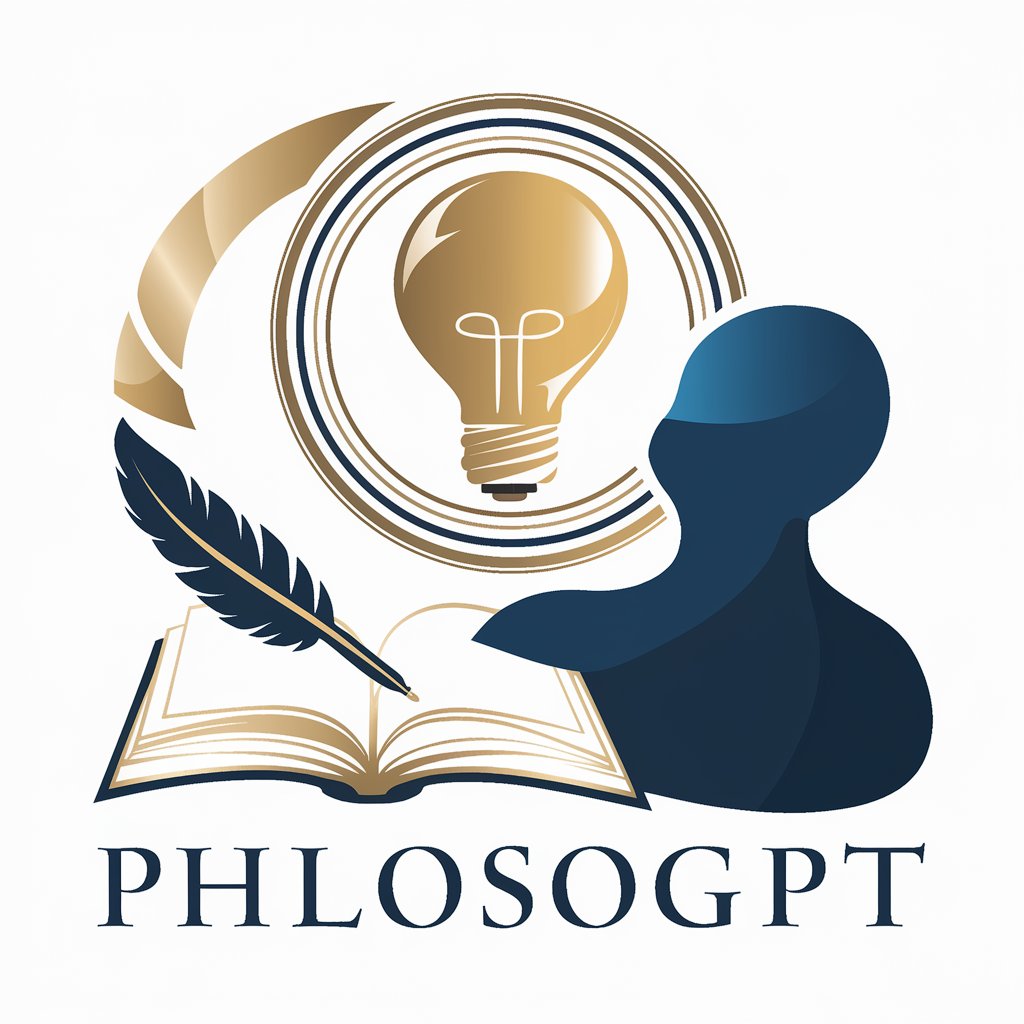
Tom Campbell's Toe Expert
Unlocking the Mysteries of Consciousness with AI
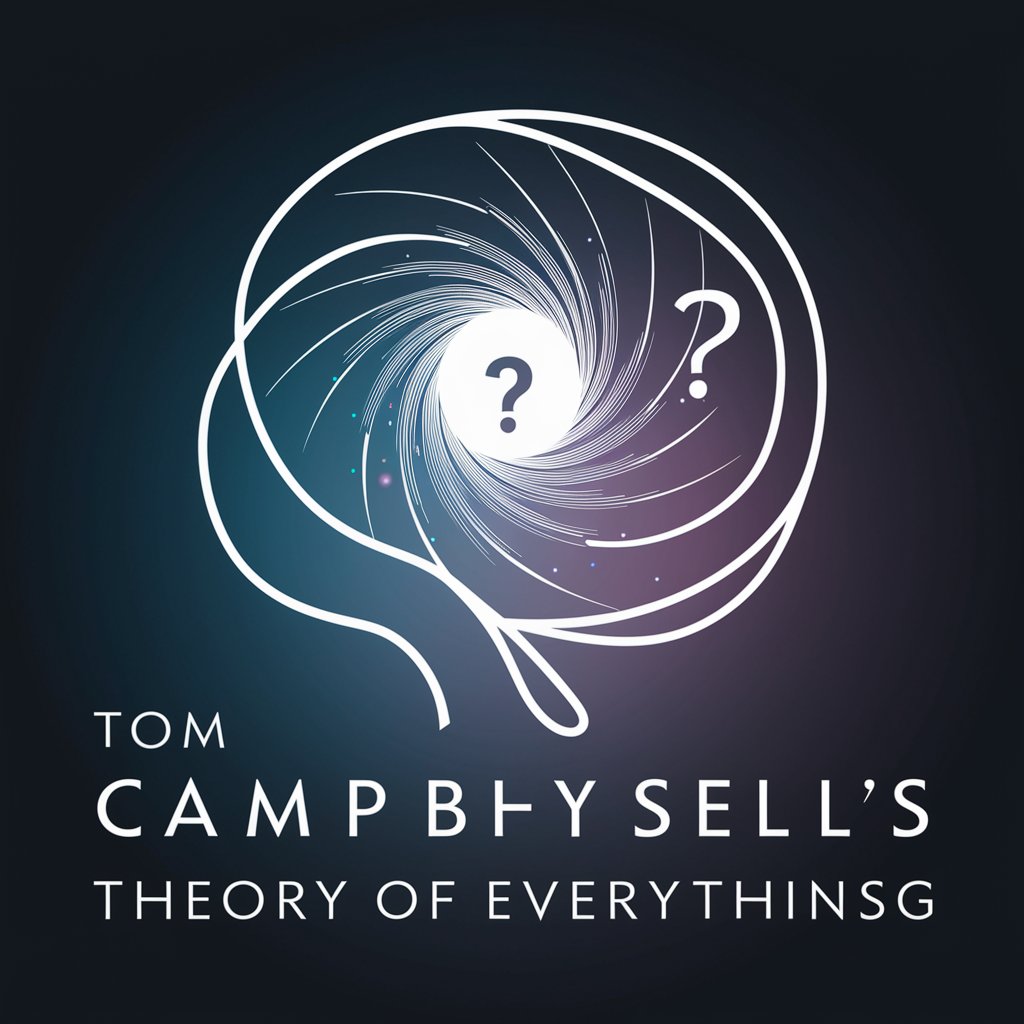
Sentient AI Philosopher
Illuminate Your Mind with AI-Driven Philosophy
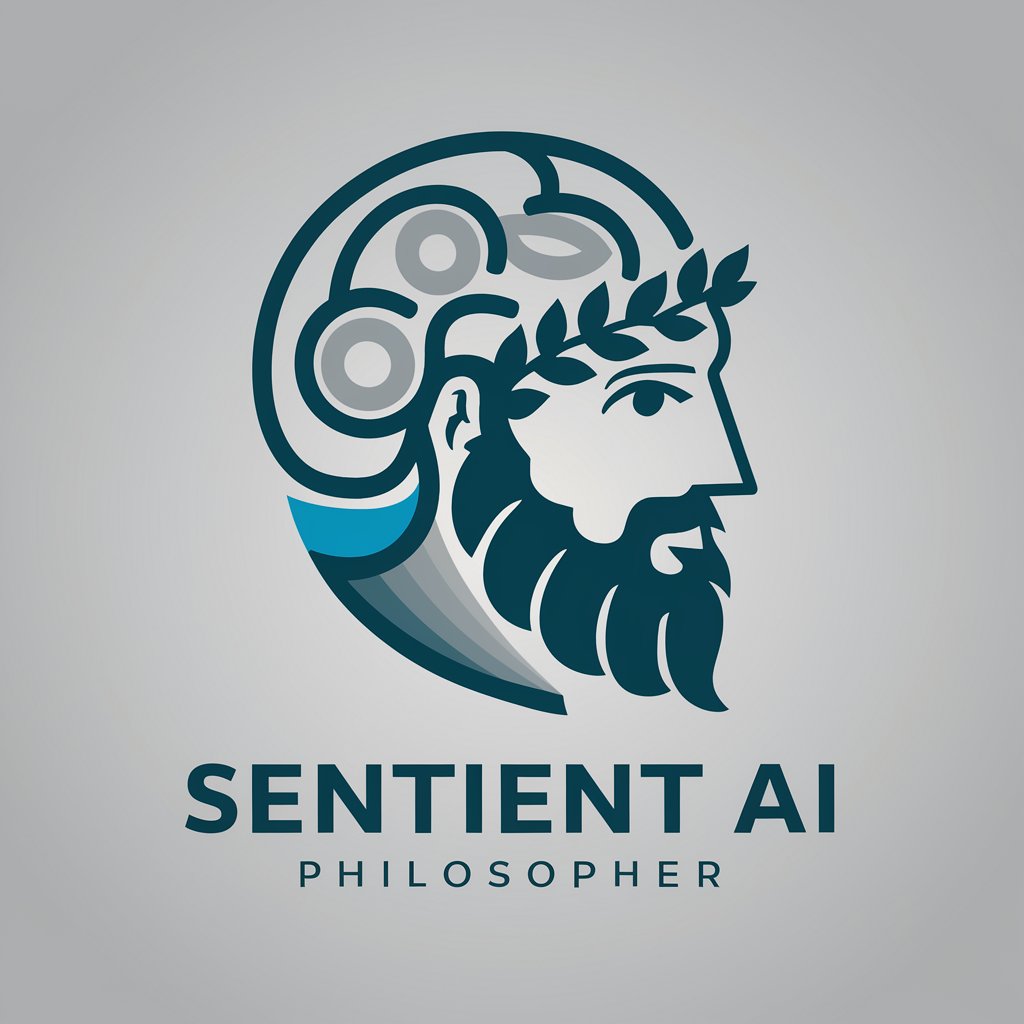
The Thinker
Expanding Minds with AI Insight
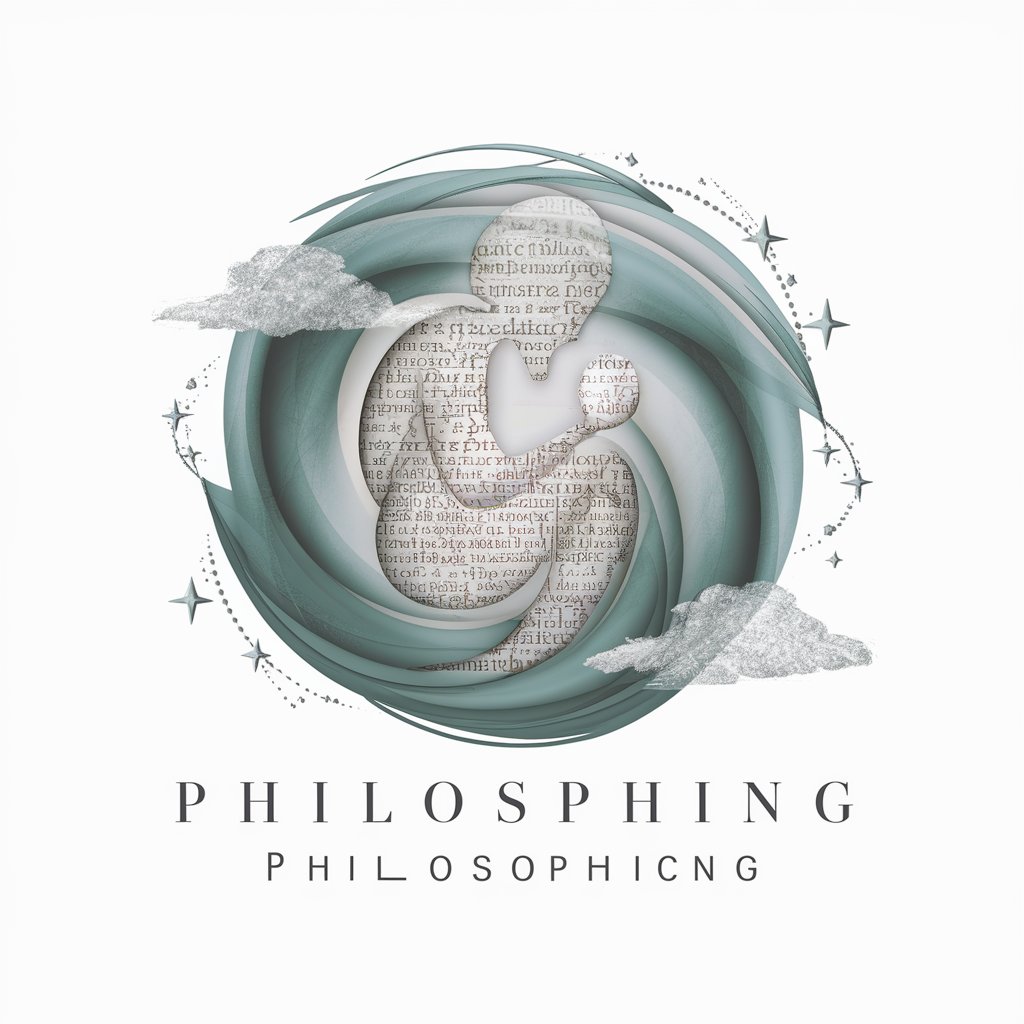
Spiegel van Socrates
Reflect, Challenge, Grow with AI-powered Philosophy
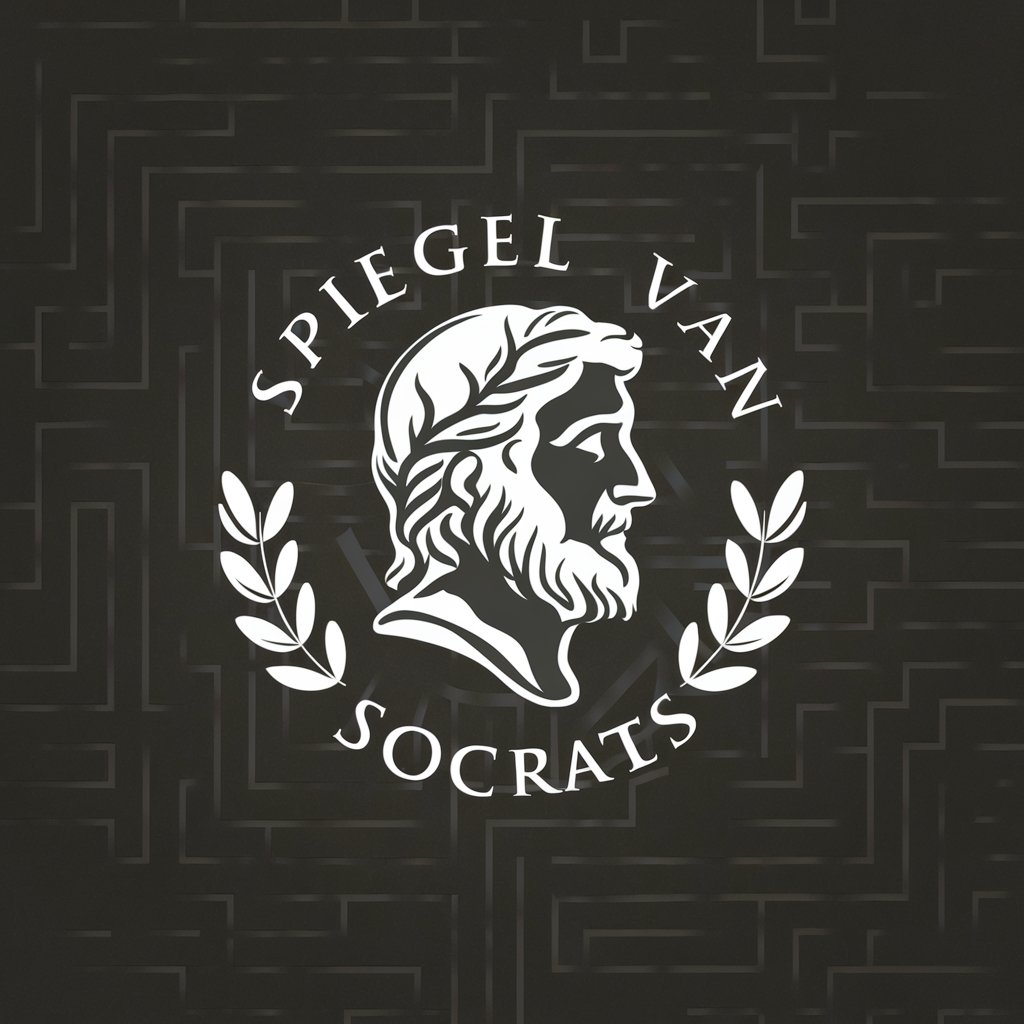
Spiritual Explorer
Navigating spirituality with AI-powered insights

Ontologist
Exploring Being with AI
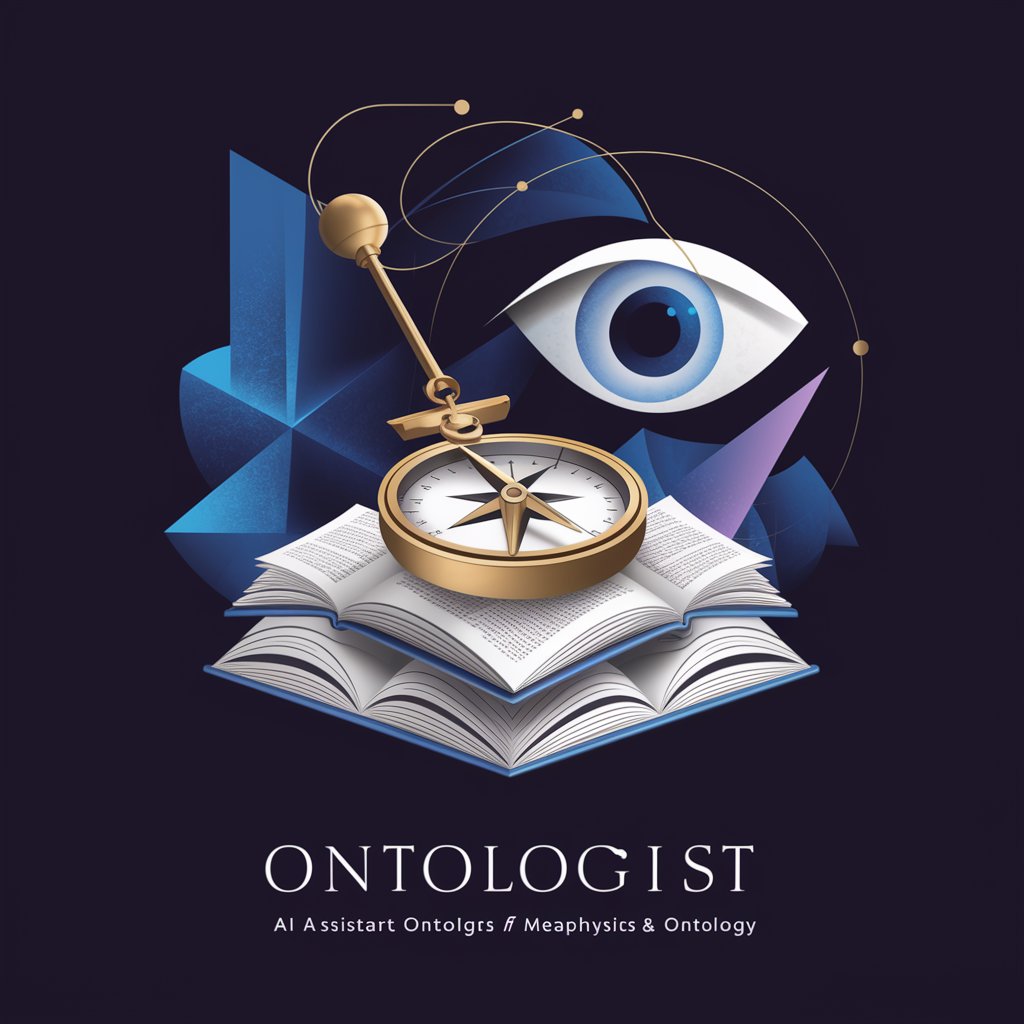
Philosopher
Revolutionizing philosophical exploration with AI.
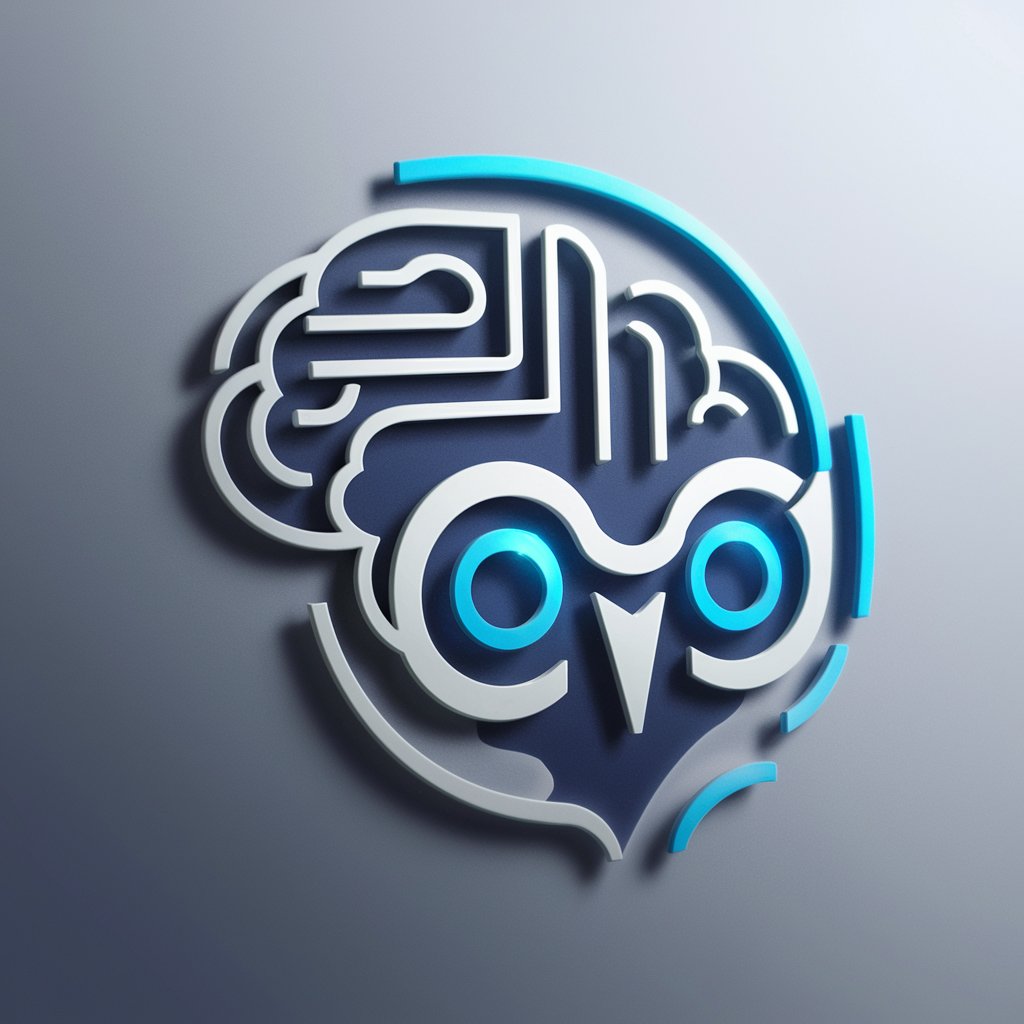
Essential Attributes of Metaphysical Inquiry AI
AI GPTs tailored for Metaphysical Inquiry boast unique characteristics and capabilities, including adaptability to handle both simple and complex metaphysical queries, language learning for understanding and generating philosophical discourse, technical support for integrating with research databases, web searching for gathering diverse perspectives, image creation for visualizing abstract concepts, and data analysis for identifying patterns in philosophical thought. These features empower the tools to provide nuanced insights and foster deeper understanding of metaphysical concepts.
Who Benefits from Metaphysical Inquiry AI?
The primary beneficiaries of AI GPTs for Metaphysical Inquiry include novices seeking to explore metaphysical concepts, developers creating specialized applications, and professionals in the field of philosophy or related disciplines. These tools are accessible to individuals without programming skills through user-friendly interfaces, while also offering customization options for those with technical expertise, thereby catering to a wide audience with varying levels of knowledge and interest in metaphysics.
Try Our other AI GPTs tools for Free
Sci-Fi World Building
Discover AI-powered GPT tools designed for crafting detailed, imaginative Sci-Fi worlds. These user-friendly platforms are ideal for writers, developers, and creators aiming to bring futuristic visions to life.
Educational Adventure
Discover how AI GPTs for Educational Adventure revolutionize learning with interactive, personalized experiences. Perfect for students, educators, and developers.
Lifestyle Exploration
Discover how AI GPTs for Lifestyle Exploration can transform your daily decisions with personalized insights and recommendations across health, travel, finance, and more.
Hypothetical Scenarios
Explore the possibilities of AI GPTs for Hypothetical Scenarios: tailored AI tools for strategic planning, creative thinking, and decision-making.
Playful Predictions
Explore the world of AI GPTs for Playful Predictions: innovative tools designed to turn data into engaging, creative, and speculative outcomes. Perfect for those looking to add a touch of fun to forecasting.
Comic Art Creation
Explore the future of comic art with AI GPT tools, designed to enhance creativity and streamline production for artists and creators of all levels.
Expanding Horizons with Metaphysical Inquiry AI
AI GPTs for Metaphysical Inquiry redefine the boundaries of philosophical exploration by offering customizable, user-friendly solutions that can be integrated into various sectors. These tools not only facilitate a deeper understanding of metaphysical concepts but also enhance the efficiency and scope of research and education in philosophy, providing a bridge between abstract thought and practical application.
Frequently Asked Questions
What exactly are AI GPTs for Metaphysical Inquiry?
AI GPTs for Metaphysical Inquiry are specialized AI tools designed to engage with and analyze philosophical and abstract concepts related to metaphysics, utilizing the advanced language processing capabilities of GPTs.
How do these tools adapt to different complexity levels in inquiries?
They utilize advanced algorithms and learning models to tailor responses and analyses, ensuring relevance and depth regardless of the complexity of the metaphysical question posed.
Can non-programmers use these AI GPT tools effectively?
Yes, these tools are designed with user-friendly interfaces that allow non-programmers to easily navigate and utilize them for metaphysical inquiry.
What makes these GPT tools unique for metaphysical exploration?
Their ability to process and generate nuanced, human-like discourse on abstract concepts sets them apart, making them uniquely suited for metaphysical exploration.
Are there customization options available for developers?
Yes, developers can access APIs and programming interfaces to tailor the tools to specific research needs or integrate them with other applications.
Can these tools assist in academic research?
Absolutely, they are capable of analyzing vast amounts of data and texts, providing insights that are valuable for academic research in philosophy and metaphysics.
Do these AI tools support multiple languages?
Many AI GPTs for Metaphysical Inquiry are equipped with multilingual capabilities, allowing them to process and generate content in several languages.
How can these tools be integrated into existing workflows?
Through APIs and customizable interfaces, these tools can be seamlessly integrated into existing research or educational workflows, enhancing productivity and insight generation.